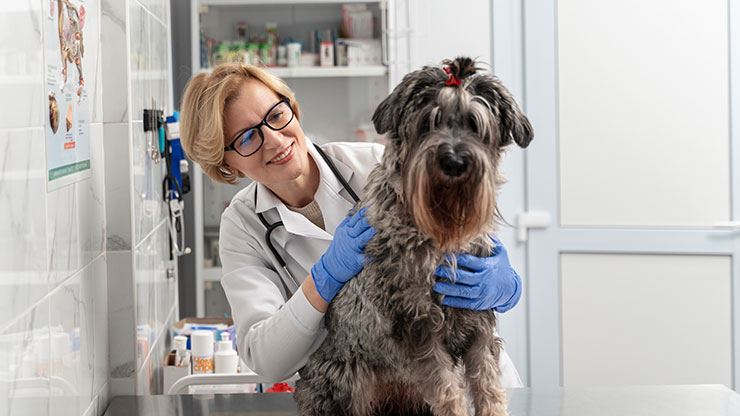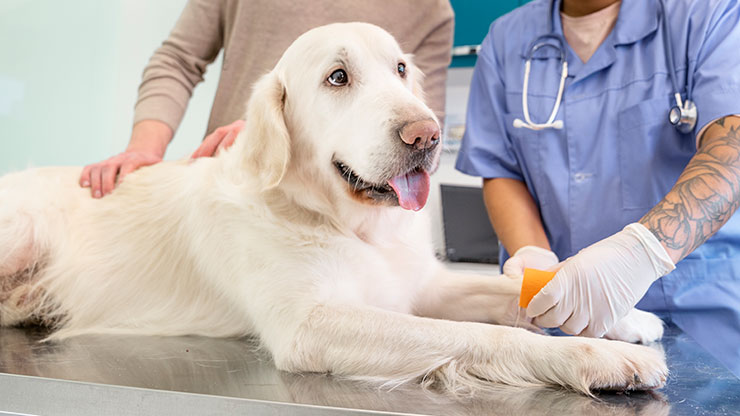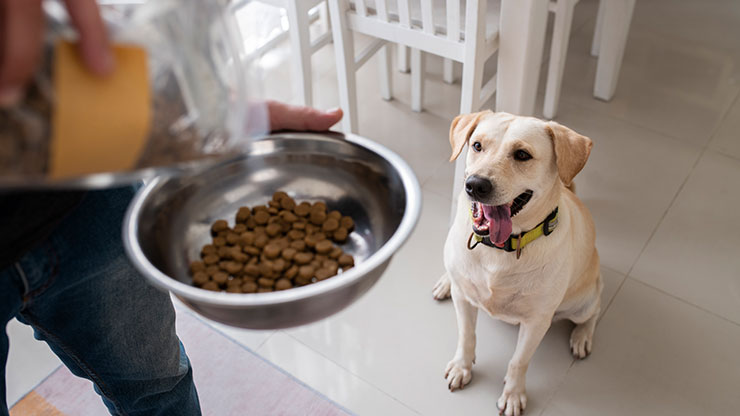
How to Make Good Choices for Your Pet’s Health
Keeping an eye out for your pet's health is one of the most important things you can do for it. You minimize the risk of diseases and save time and money in the long run. But what measures should you take as an owner? Here is a checklist of things to do to ensure the well-being of your furry pal.
1. Have Your Pet Vaccinated
The younger an animal is, the more susceptible to diseases. This is because their immune system is still not fully mature. Camille R. of Breeding Business advises, “While there are antibodies in their mother’s milk, these decrease over time. Therefore, a series of vaccines is needed to strengthen their immunity and ensure their overall health.”
There are two types of vaccines for pets: core and non-core. Core vaccines should be administered to all pets because these protect against diseases that are endemic in particular regions. Meanwhile, non-core vaccines should be administered to individual pets with unique medical histories and lifestyles.
Core vaccinations include rabies, distemper, hepatitis, and parvovirus for dogs. Non-core vaccinations include Bordetella bronchiseptica, leptospirosis, and Lyme disease.
Most first doses are administered to prepare an animal’s immune system against viruses or bacteria. This is why subsequent doses are often needed to stimulate a pet’s immunity further. Your vet will help you determine an appropriate vaccination schedule for your pet. Be prepared, however, for more vaccinations every few weeks or years, depending on your pet’s age. Finally, make sure you complete the series of vaccinations so your pet will be well throughout its lifetime.

2. Visit Your Vet Regularly
Just like humans, pets need regular checkups even if they seem in perfect health. This is because animals cannot speak - therefore, you won’t know if your pet is not feeling well. Going to the vet regularly can detect and treat health issues early.
One question a lot of animal owners ask is how often their pets should visit a vet. It depends on the animal’s life stage. From birth to a year old, your pet must see its vet every three to four weeks for vaccinations and parasite prevention medications until it is 16 weeks of age. From one to seven years old, yearly checkups are recommended, depending on the animal’s breed. Your pet must see its vet twice a year at seven years or older.
During vet visits, prepare your pet for a physical exam. The vet will likely check its ears for infections; examine its eyes for cataracts and potential vision loss; and inspect its mouth for gingivitis, tartar accumulation, and loose teeth. The vet will also look at its skin, heart, lungs, abdomen, and muscles to see if everything is normal. Should they find anything wrong, be prepared for additional diagnostic tests.
3. Get Your Pet Insured
No matter how well you look after your pet, you can never anticipate what will happen in the future. Because dogs and cats can’t talk, there is no way for you to know if they are feeling unwell, especially if you cannot read body language. Therefore, it is recommended that you have your pet insured.
Pet insurance helps lessen the costs of expensive vet bills. If there is any injury, illness, or accident, your insurance company will reimburse or pay a percentage of your medical expenses. Numerous insurance options, such as basic policies and comprehensive coverage, suit every budget and lifestyle. Cost varies depending on your policy of choice, your pet’s breed, and its age.
Most pet insurance plans cover accidents, medication, surgery, diagnostics, and emergency care. However, certain conditions are not covered by traditional policies. These include pre-existing conditions, behavioral problems, dental procedures, preventative treatments, and pregnancy.

4. Feed Your Pet the Right Foods
One of the best ways to prevent illnesses and obesity is by providing your pet with proper nutrition. Animals must be fed a balanced diet of high-quality food and given clean water at all times. If you are uncertain about what foods to feed your pet, always ask for advice from your vet.
For domestic dogs, a pure kibble diet is acceptable and can be mixed with meat, fish, vegetables, and rice. You can also feed your dog raw meat, provided it is human-grade. If you choose to give your dog cooked meat, opt for boiled lamb or chicken, and avoid cooked bones. Finally, do not give your canine toxic foods like chocolate, onions, garlic, milk, raw dough, and citrus.
The Bottom Line
The last thing any animal owner wants is for their pet to be sickly. This is why it is important that you obtain a puppy or dog from an ethical dog breeder. By transacting with a responsible breeder, you can be sure that the animal you bring home is happy and healthy.










